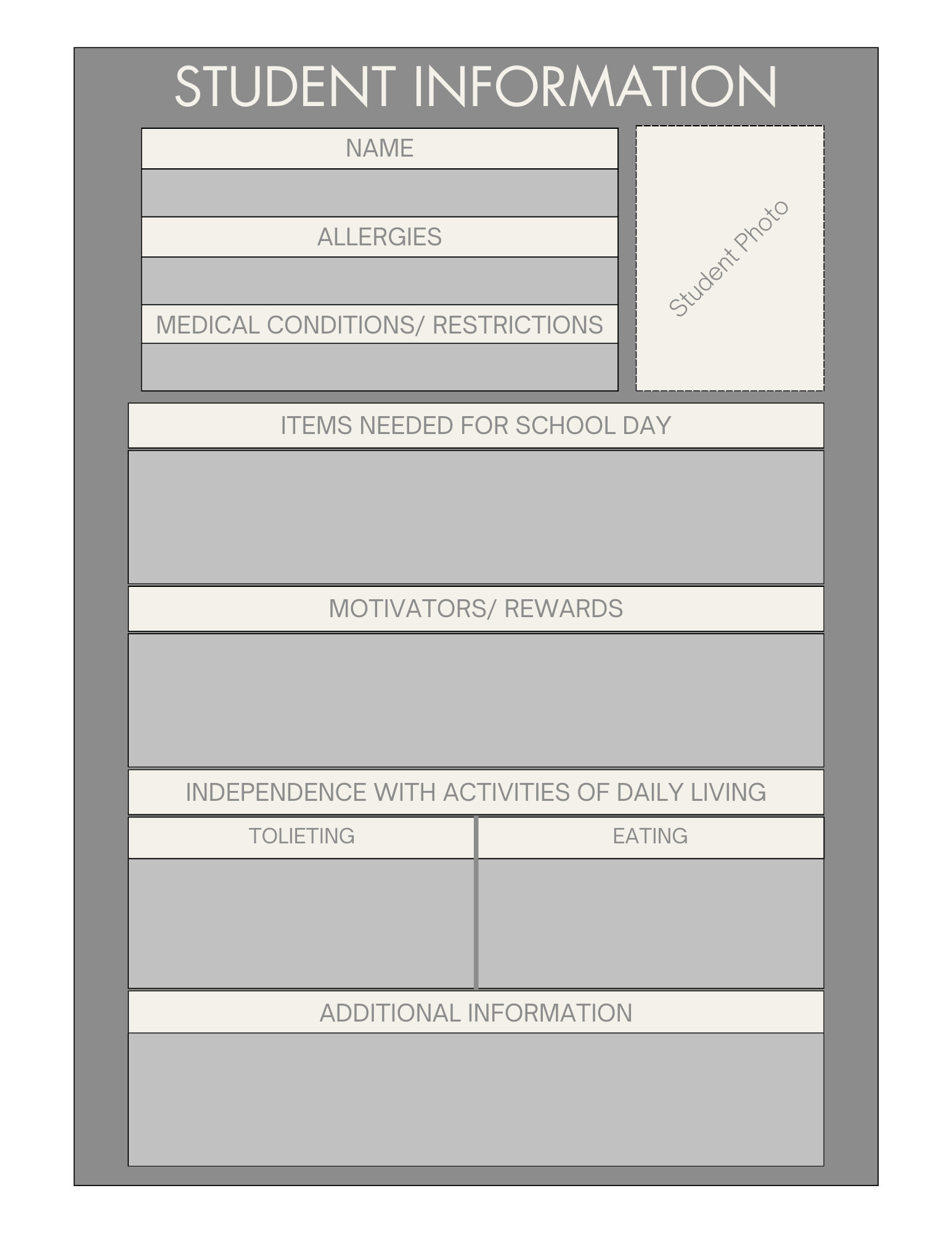Behavioral intervention plans are essential tools for educators and caregivers to support individuals with challenging behaviors. These plans outline strategies and interventions to address and modify behaviors that may impede learning and social interactions. By implementing a structured and individualized plan, individuals can receive the necessary support to thrive in various settings.
When creating a behavioral intervention plan, it is important to consider the unique needs and strengths of the individual. The plan should be tailored to address specific behaviors and provide strategies that are effective and sustainable. By following a template, educators and caregivers can ensure consistency and continuity in implementing interventions.
Behavioral Intervention Plan Template
A behavioral intervention plan template typically includes several key components. These components may include a description of the target behavior, antecedent triggers, consequences, and strategies for intervention. The template should also outline goals and objectives for behavior change, as well as methods for monitoring progress and evaluating the effectiveness of interventions.
It is crucial to gather data and conduct a functional behavior assessment to inform the development of the intervention plan. This assessment helps identify patterns and triggers of behavior, which can guide the selection of appropriate interventions. The plan should be based on evidence-based practices and tailored to the individual’s unique needs and preferences.
Once the plan is developed, it is essential to collaborate with all stakeholders involved in the individual’s care, including parents, teachers, and therapists. Clear communication and coordination ensure that interventions are implemented consistently across different settings. Regular review and revision of the plan are also necessary to adjust strategies based on the individual’s progress and changing needs.
Overall, a well-designed behavioral intervention plan template can be a valuable tool for promoting positive behavior change and supporting individuals with challenging behaviors. By following a structured approach and incorporating evidence-based practices, educators and caregivers can create effective interventions that help individuals reach their full potential.
In conclusion, creating a behavioral intervention plan template is essential for effectively addressing challenging behaviors and promoting positive outcomes for individuals. By following a structured template and collaborating with stakeholders, educators and caregivers can implement interventions that support behavior change and enhance the overall well-being of individuals with unique needs.
